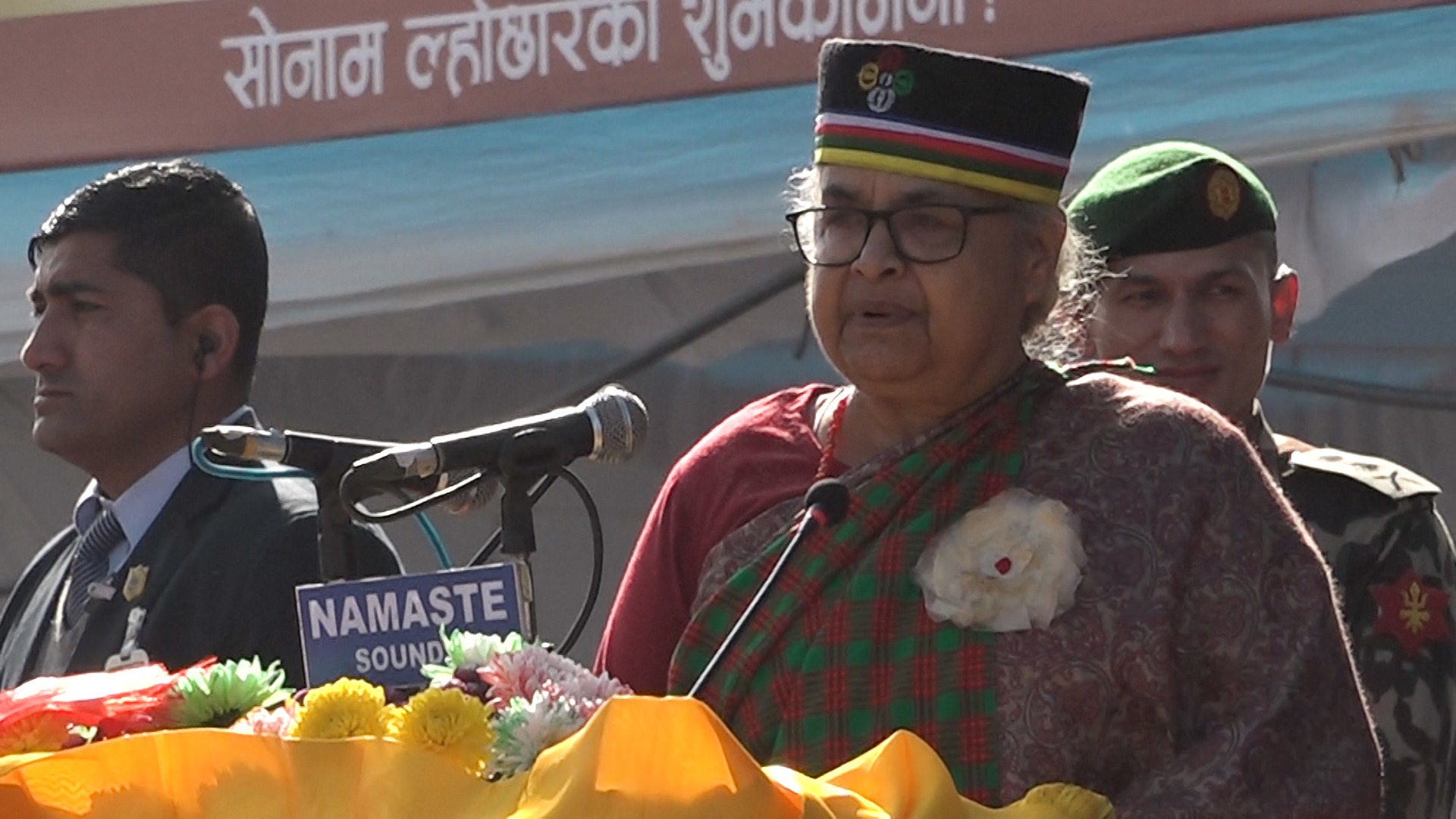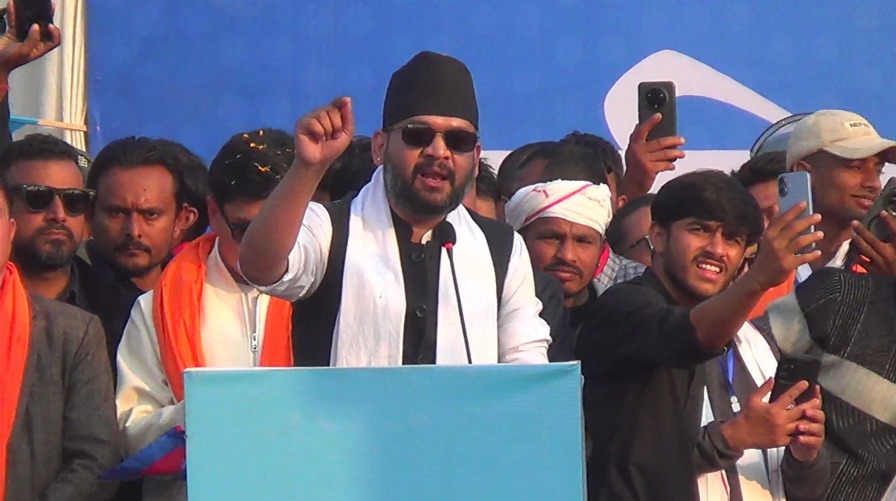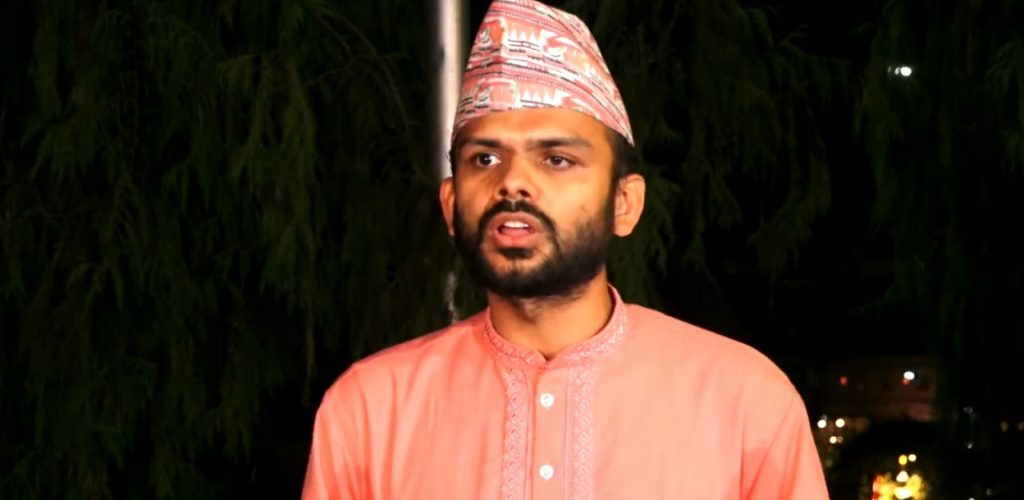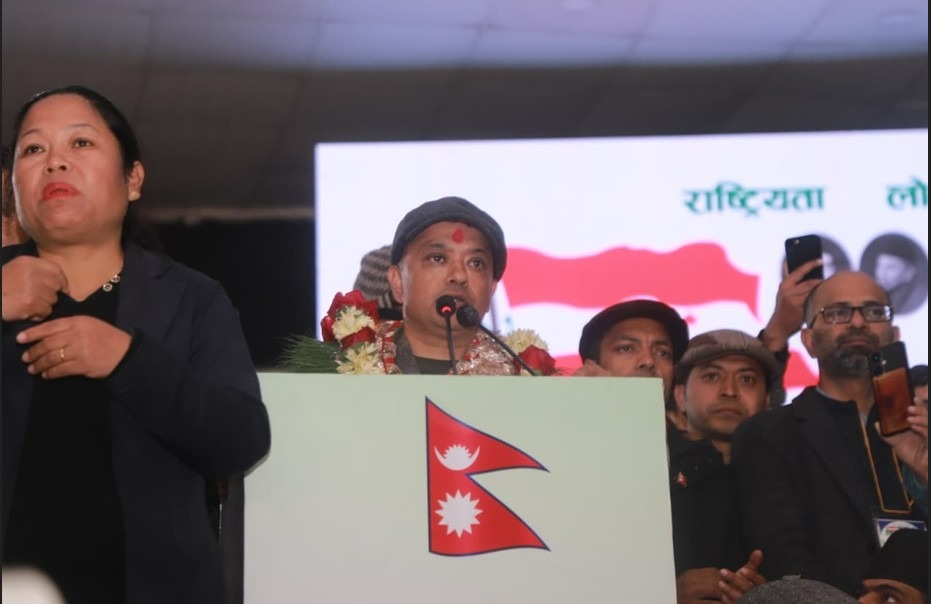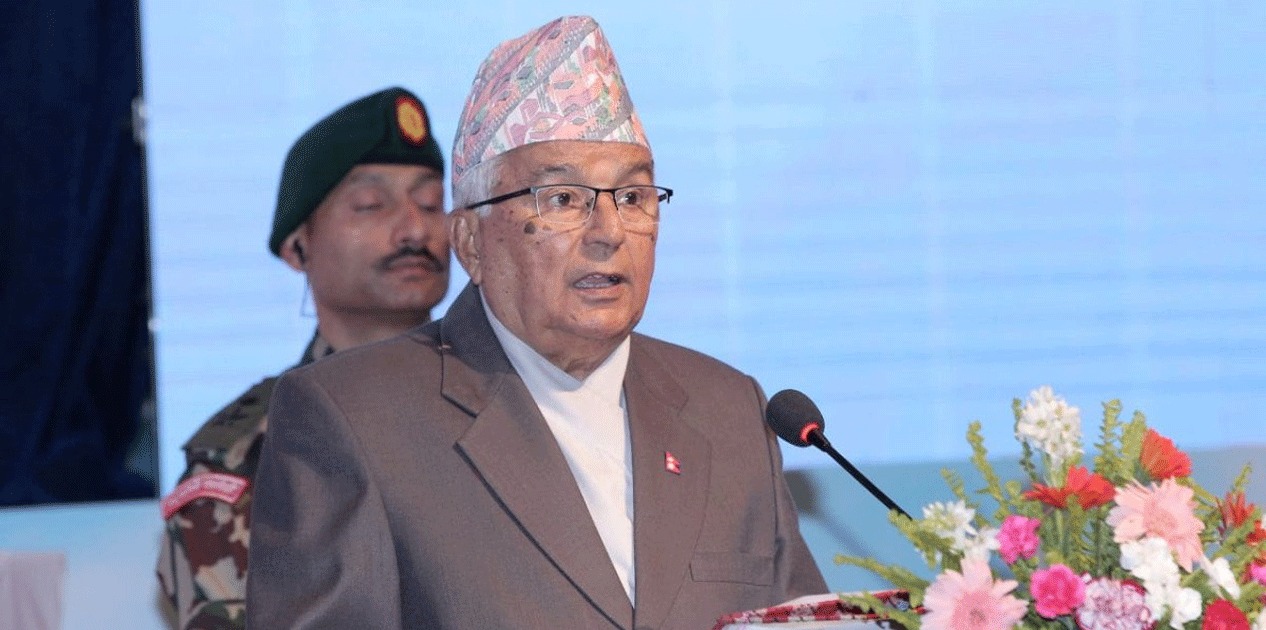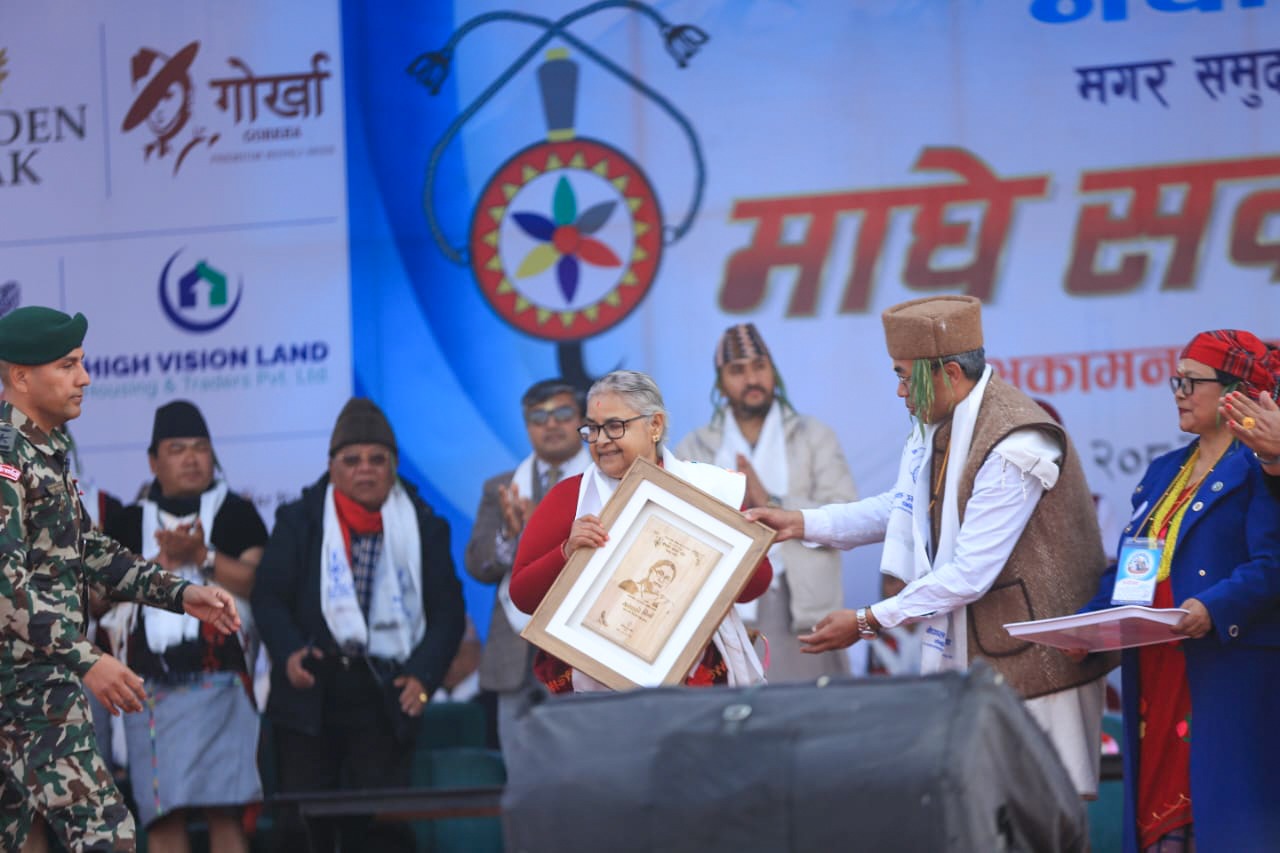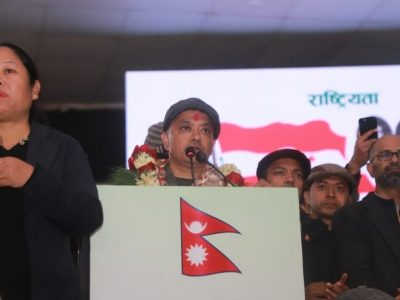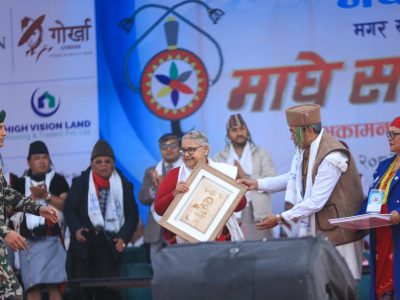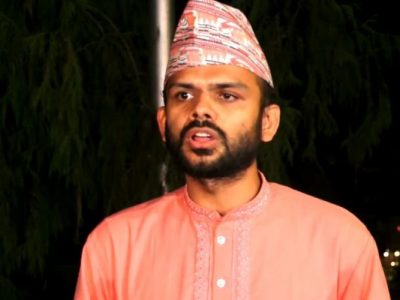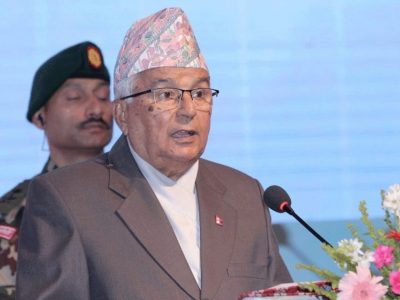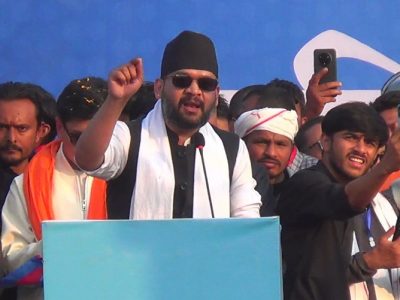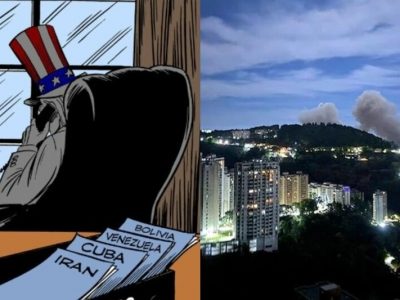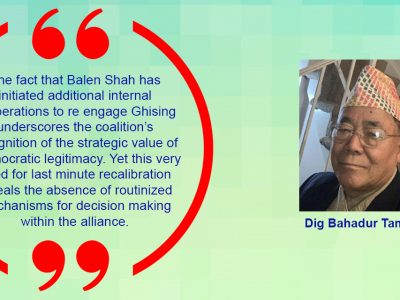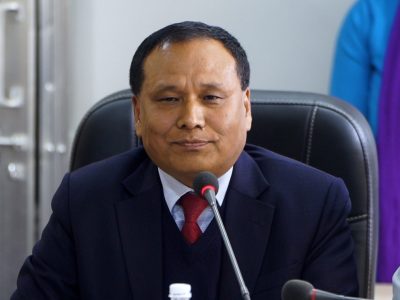Climate activists march in Kathmandu demanding equitable and just climate finance at COP29. More than 150 actions held in 24 countries
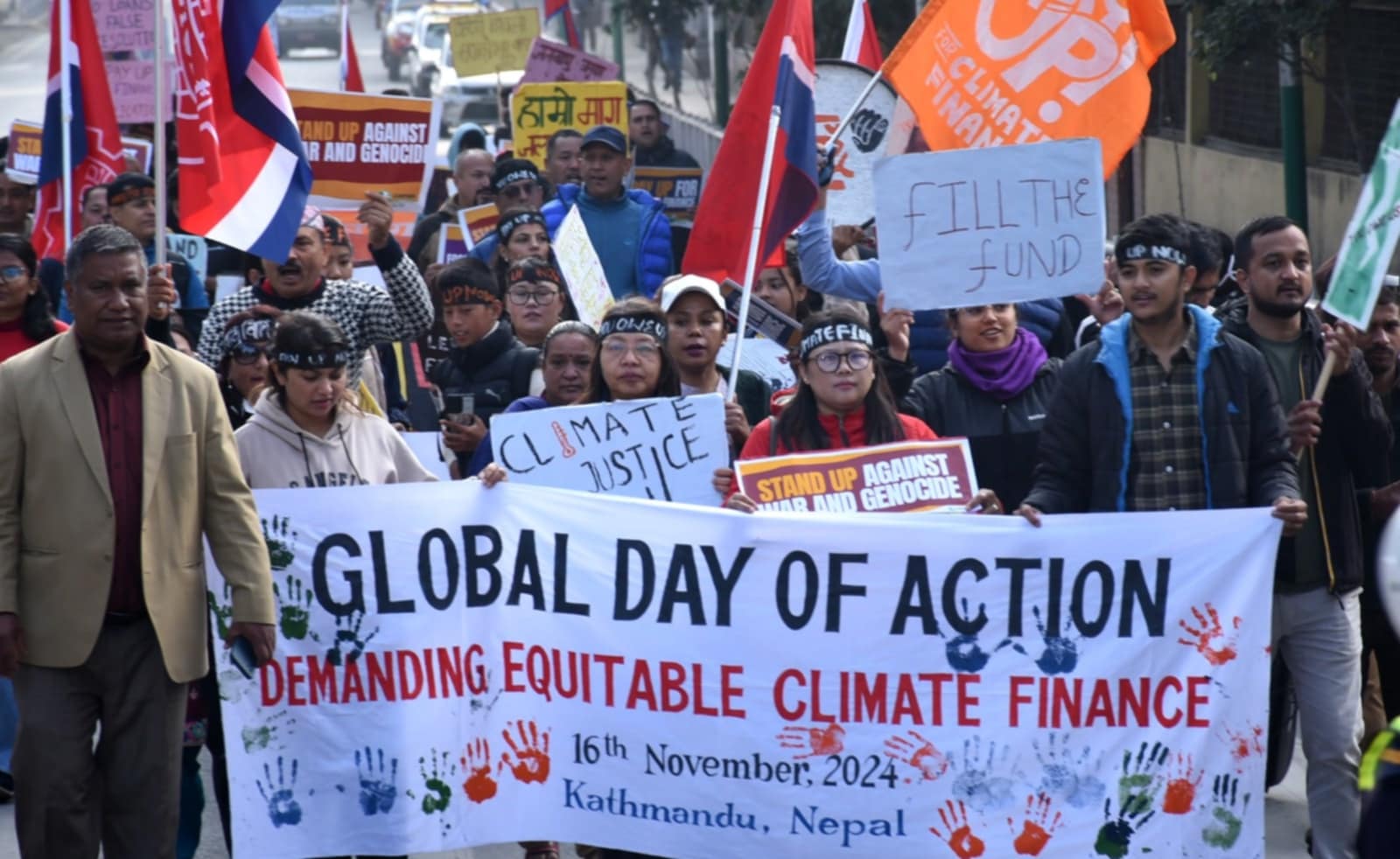
Kathmandu, Nov 17 : Today, climate activists in Kathmandu, Nepal, joined a wave of global protests urging world leaders at the COP29 climate summit in Baku, Azerbaijan, to commit to equitable and just climate finance for developing nations. The march, which began at Bhrikutimandap and concluded at Shantivatika, amplified demands for funding mechanisms that prioritize fairness and justice for vulnerable communities disproportionately affected by the climate crisis.Over 150 coordinated actions took place in more than 30 cities and provinces across 24 countries, including Nepal, highlighting the need for climate finance to support adaptation, mitigation, and a just transition away from fossil fuels. Protesters in Kathmandu emphasized that climate finance should align with the real needs of developing countries and be delivered as grants, not loans, to avoid exacerbating debt burdens.
“It is urgent for COP29 to strike a deal on a climate finance goal that would unlock trillions of funding for developing countries’ adaptation and mitigation actions and be able to transition to renewable energy systems. We call for the delivery of climate finance of at least $5 trillion annually and reparations for climate debt. The new climate finance goal should be based on the actual needs of developing countries for climate action and the just transition of communities dependent on fossil fuels,” said LidyNacpil, coordinator of Asian Peoples’ Movement on Debt and Development (APMDD).
Nacpil added: “At COP28, governments have committed to transitioning away from fossil fuels in energy systems with developed countries taking the lead. COP29 will be key to unlocking the climate finance needed to enable a just transition away from fossil fuels. So far, most climate finance that has been delivered were loans, not grants, blocking climate action and exacerbating debt distress in many developing countries.”
Sita Lama from GEFONT highlighted the impacts of climate change in Nepal, saying, “Nepal has faced massive devastation due to recurring floods, landslides, and other climate-induced disasters, which have destroyed homes, livelihoods, and entire communities. Developed countries, as the largest contributors to the climate crisis, must take responsibility by providing reparations and ensuring that the most affected countries like Nepal receive adequate support for recovery, resilience, and transition.”
Bhanu Parajuli from RRN emphasized the interconnected crises in Nepal, stating, “The impacts of climate change have triggered multiple crises in Nepal, from food insecurity to disruptions in water and energy systems. These cascading effects are leaving communities more vulnerable than ever. We need climate finance to address these systemic challenges holistically, ensuring that communities can build resilience and secure their livelihoods in the face of this escalating climate emergency.”
COP29: A Critical Juncture for Equitable Climate Finance
COP29, taking place from November 11–22 in Baku, Azerbaijan, is a crucial moment for governments to establish a New Collective Quantified Goal (NCQG) for climate finance. This goal will succeed the unmet $100 billion per year target set for 2020. Under the Paris Agreement, nations are required to agree on a more ambitious target by 2025.However, most climate finance delivered so far has come as loans, creating unsustainable debt in many developing nations. Protesters in Kathmandu and worldwide emphasized that the new climate finance goal must prioritize equity and fairness, meeting the estimated trillions of dollars needed annually to support vulnerable countries in adapting to climate impacts and transitioning to clean energy.
The Need for Urgent Action
Global activists underscored that despite commitments, fossil fuel expansion continues, jeopardizing climate targets. Instead of reducing emissions, governments collectively plan to produce more than double the amount of fossil fuels in 2030 than is consistent with limiting global warming to 1.5°C.
Kathmandu’s mobilization joined a larger movement across Asia, with similar actions taking place in Bangladesh, India, Indonesia, Pakistan, Malaysia, Sri Lanka, and Japan. Protesters called for immediate, equitable solutions to ensure that climate finance reaches the communities that need it most, empowering them to lead in the fight against the climate crisis.
Facebook Comment
latest Video
Trending News
- This Week
- This Month


